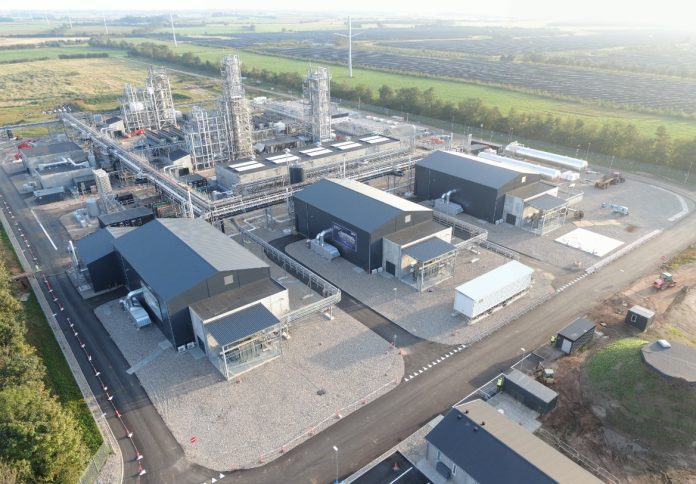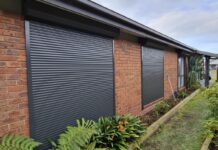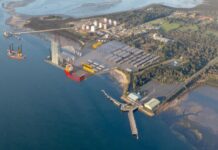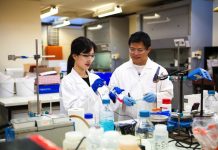
Manufacturing opportunities in Gippsland may expand following Opal’s announcement that it has commenced a feasibility study with European Energy Australia and its subsidiary Ammongas to examine biogenic CO2 capture at the Maryvale Paper Mill.
In a news release, Opal said the study, which is scheduled to run until mid-2026, will assess the technical and commercial feasibility of capturing, purifying and liquefying biogenic CO2 produced as a by-product from one of the mill’s boilers.
According to the company, the captured CO2 could potentially be used as an input for a proposed e-methanol manufacturing facility, or Power-to-X (PtX) plant, that may be co-located at the site.
The company said biogenic CO2, which is generated from natural sources and forms part of the natural carbon cycle, can be combined with renewable energy and water to produce e-methanol, a low-carbon fuel that can be used in industries such as freight shipping.
Opal said the study forms part of a broader plan between the three companies to explore the deployment of PtX and carbon capture technology in Australia.
European Energy Australia CEO Catriona McLeod said the initiative aligns with the company’s efforts to expand its PtX activity globally.
“This is an exciting step forward for our PtX ambitions. We’re already up and running in Denmark and the Australian market has enormous potential to develop PtX,” McLeod said.
“PtX not only offers huge potential to develop low-carbon fuel but could also bring huge investment and innovation to places like Gippsland.”
Ammongas CEO Jaime Casasus-Bribian said the feasibility work would help determine whether the company’s technology could be applied effectively in the region.
“Australia combines strong resources, industrial heritage and a commitment to clean innovation, making it an ideal environment for decarbonising hard-to-abate sectors such as shipping and manufacturing,” Casasus-Bribian said.
“By potentially deploying our large-scale carbon capture and PtX technologies with Opal and European Energy Australia, we can unlock new value from local biogenic CO2 and drive the transition to green methanol.”
Opal General Manager Environment and Sustainability David Jettner said the study reflects the company’s focus on circularity. “This study is another way to maximise the value from our use of renewable plantation wood. If the feasibility outcome is successful, it offers the potential for a multimillion-dollar investment in carbon capture in the Gippsland region,” Jettner said.
According to the companies, European Energy already operates what it describes as the world’s first large-scale e-methanol facility in Kasso, Denmark, while Ammongas currently captures, purifies and liquefies biogenic CO2 from the Tønder biogas plant.


















